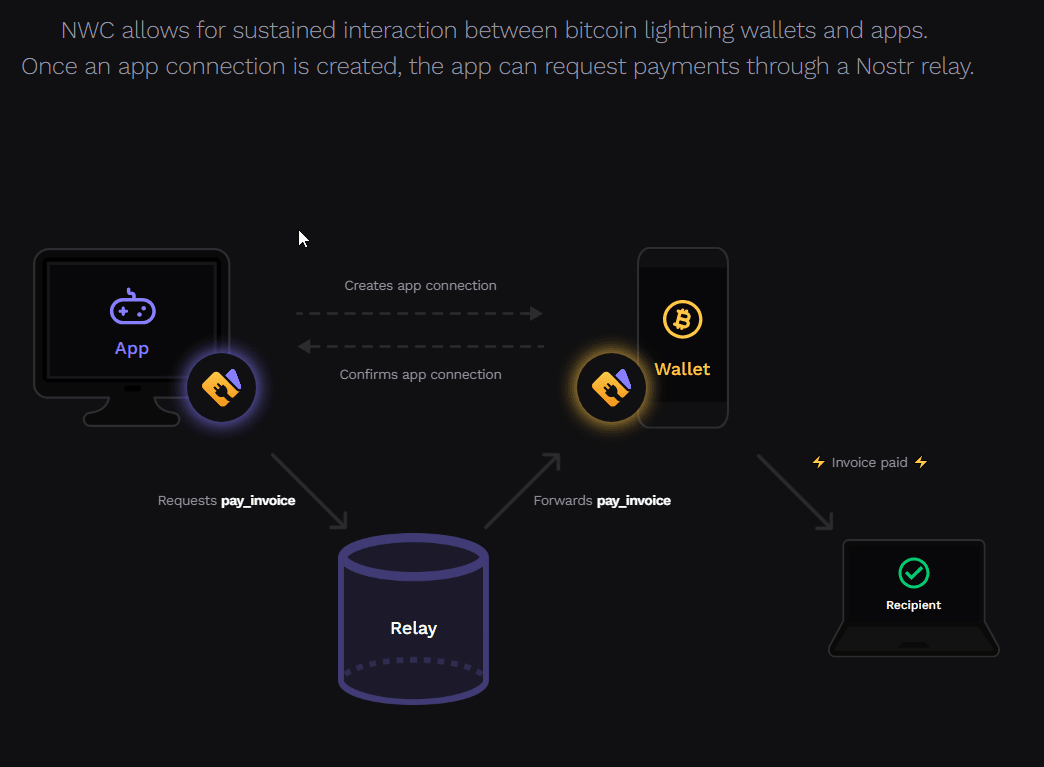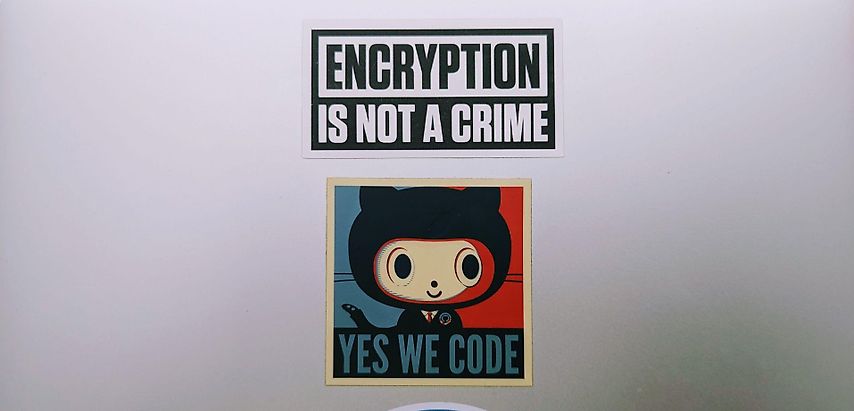The Open Source Movement has transformed the landscape of software development and beyond, democratizing access to information and fostering a global collaborative environment. This movement, characterized by freely accessible, modifiable, and sharable software code, has become a powerful catalyst for innovation, reshaping how technologies are developed, distributed, and improved.
Democratizing Software Development
Open source software (OSS) offers a progressive model where knowledge, tools, and code are openly shared. This approach allows both individuals and organizations worldwide to contribute to and benefit from collective wisdom without barriers. Projects like Bitcoin, detailed through numerous GitHub discussions and contributions, underscore the significant impact of open source methodologies in complex fields such as cryptography and blockchain technology.
Key Benefits of Open Source:
- Collaboration: Open source projects harness the collective intelligence of developers worldwide, accelerating problem-solving and innovation.
- Transparency: With open access to code, users and developers can examine the functionality and security of the software, fostering trust and reliability.
- Flexibility: Users can modify software to meet their specific needs, which promotes a personalized approach to software utilization and improvement.
Meritocracy in Action
One of the most compelling aspects of the open source model is its emphasis on meritocracy where the value of ideas supersedes the stature of their contributors. This ethos is evident in platforms like GitHub, where a diverse group of developers can propose, refine, and implement enhancements in a collaborative manner. For instance, Bitcoin’s evolution on GitHub illustrates dynamic discussions that lead to continuous enhancements, guided by the collective expertise of the community.
> "The open source model thrives on collaboration and meritocracy, ensuring that the best ideas prevail in the development lifecycle."
Broader Implications for Innovation
While open source began as a movement within software development, its principles have permeated other areas:
- Hardware: Open source hardware projects allow for physical products to be developed collaboratively and transparently.
- Education: Free access to educational resources broadens learning opportunities, empowering students globally.
- Research: Open research promotes a faster exchange of knowledge and cooperative advancements in science.
These examples highlight the versatility and expansive potential of open source principles, influencing sectors beyond traditional software development and contributing to a global culture of shared innovation.
Challenges and Considerations
Despite its many advantages, the open source model presents challenges such as ensuring sustainable project funding, managing varying quality contributions, and protecting intellectual property without stifling collaboration. Effective community management, clear licensing agreements, and robust governance models are essential for addressing these challenges.
Closing
The Open Source Movement continues to be a significant force in shaping the modern technological landscape. By fostering an environment where information is free and accessible, where innovation thrives on collaboration, and where education is uninhibited by access barriers, open source principles champion a future of inclusive growth and continuous innovation.
For developers, businesses, and academics, engaging in open source projects offers a pathway to participate in cutting-edge developments and contribute to collective advancements. It represents not just a technical methodology, but a philosophy that promotes openness, inclusivity, and the endless pursuit of knowledge.
Further exploration and contributions can be made through platforms like GitHub, where many open source projects, including Bitcoin, continue to evolve.
Sources
For further insights into the discussions and developments within these open source projects, refer to:






